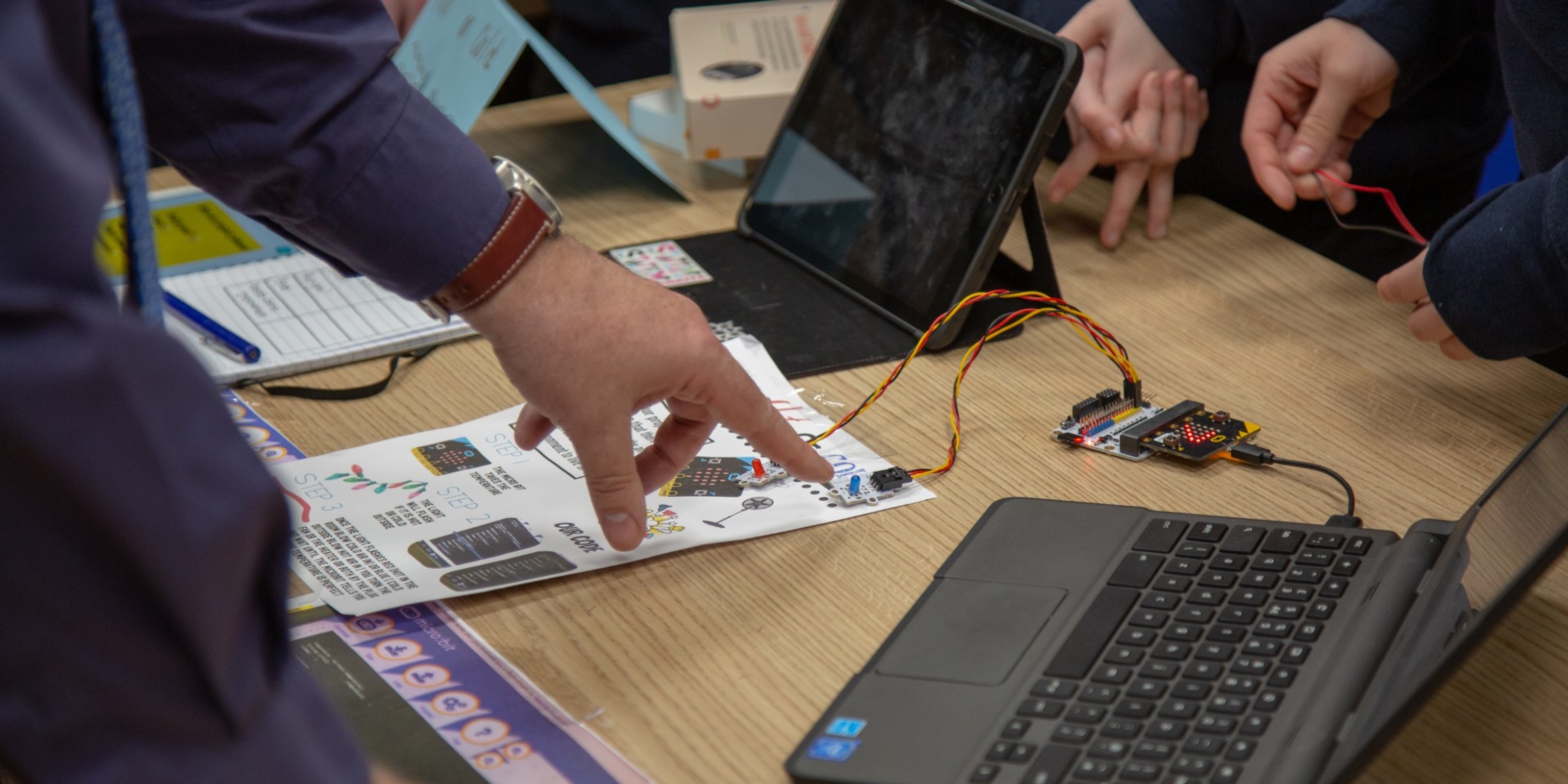
HOPE for computing education: Supporting university-school partnerships
Educational Technology


Abstract
We look at the development of High Opportunity Progression Ecosystems (HOPE) for improved computing education through university-school partnerships.
Method
We explored the experiences of undergraduate students, schoolteachers and an educational broker as they took part in the “Create, Learn and Inspire with the micro:bit and the BBC” initiative (CLIMB).
Takeaways
High Opportunity Progression Ecosystems (HOPEs) improve learner progression by considering the ecological system of a community and the educational impact upon young people.
The HOPE for Computing Education project was run by Open Lab to explore factors towards the development of High Opportunity Progression Ecosystems for improved education in the North East, through university-school partnerships centred around computing.
High Opportunity Progression Ecosystems (HOPEs) improve learner progression by considering the ecological system of a community and the educational impact upon young people.
A recommended area of development in this learning ecology is the creation of partnerships between multiple educational institutions. However, there is little guidance for how Higher Education can begin to work with schools to support computing education.
We explored the experiences of undergraduate students, schoolteachers and an educational broker from Newcastle University as they took part in the “Create, Learn and Inspire with the micro:bit and the BBC” initiative (CLIMB).
This process included recruitment, content development, and delivery of over 30 computing lessons by nine undergraduates using the BBC micro:bit and BBC media content such as Dr. Who and Springwatch.
The study presents a number of design considerations towards the formation of HOPEs for computing education, and outlines the role of technology in developing and maintaining university-school partnerships.